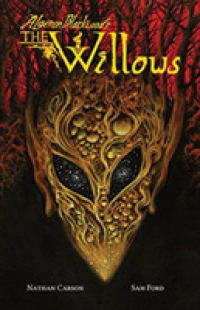Full Description
Empirical Legal Studies has arrived in EU law. The past decade has seen the publication of pathbreaking quantitative and qualitative studies, the creation of relevant thematic networks, and the realisation of large-scale empirical research projects. This volume explores the new movement. It features contributions penned by legal and political science scholars working or interested in the field. It is part handbook, for which scholars - experts and novices alike - can reach to get an overview of the state of the art. It is part manifesto, showcasing the need for and potential of this fast-growing area of academic inquiry. Finally, it is a critical reflection, assessing the challenges and limitations of Empirical Legal Studies in the EU context, as well as its interaction with adjacent disciplinary and interdisciplinary endeavours. The book captures the significant contribution which empirical legal research has made to the study of EU law, while facilitating an exchange about the way forward.
Contents
Introduction: empirical legal studies in EU law; Part I. Foundations: 1. What is the point of empirical legal research on EU law? Jan Zglinski; 2. Has political science discovered EU law? Daniel Naurin, Johan Lindholm and Philipp Schroeder; 3. Research method(s) in EU law: some critical reflections and an untold story Giulia Gentile; 4. The future of European legal scholarship Gareth Davies; 5. The globalisation of empirical legal studies (?) Lee Epstein; Part II. Data and Methods: 6. Varieties of data in EU legal scholarship: overcoming the doctrine of the sources of law Monika Glavina; 7. What can non judicial (legal) data tell about the politics of EU law? Päivi Leino-Sandberg; 8. Building multi-user databases for empirical legal studies of European Union law Daniel Naurin, Johan Lindholm, Urška Šadl and Anna Wallermann Ghavanini; 9. Concepts and measurement in empirical legal studies in EU law Eun Hye Kim and Philipp Schroeder; 10. Large language models Michal Ovádek; 11. Using qualitative data in EU legal research: writing about or with expert interviews? Emilia Korkea-aho; 12. Experimental pathways in EU law Juan A. Mayoral; Part III. Themes: 13. Judicial behaviour in the CJEU Sivaram Cheruvu; 14. Empirical legal studies and the reception of EU law by domestic courts: a critical examination Arthur Dyevre; 15. EU law litigation: who litigates, who influences judges, what downstream effects? Silje Hermansen and Tommaso Pavone; 16. What happened to centralised enforcement? Andreas Hofmann; 17. The policy impact of the court of justice of the European Union Lucia López Zurita and Dorte Sindjberg Martinsen; 18. systematic content analysis of EU internal market law and governance Or Brook; 19. Towards a computational turn in European migration law Thomas Gammeltoft-Hansen and William Hamilton Byrne.






